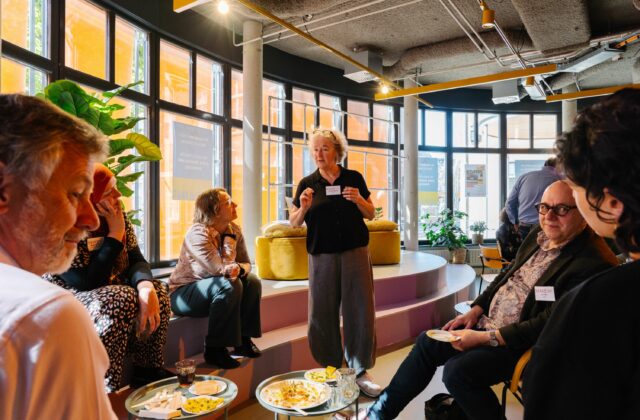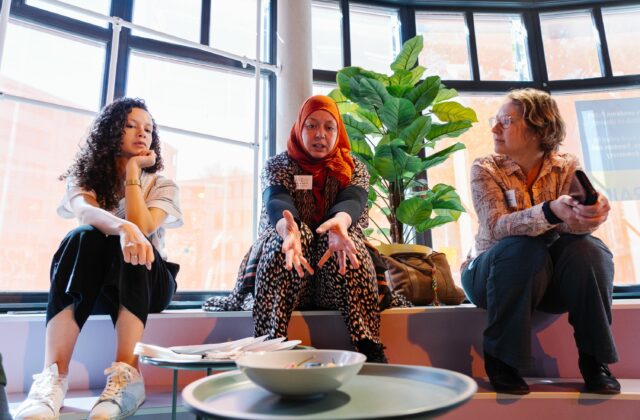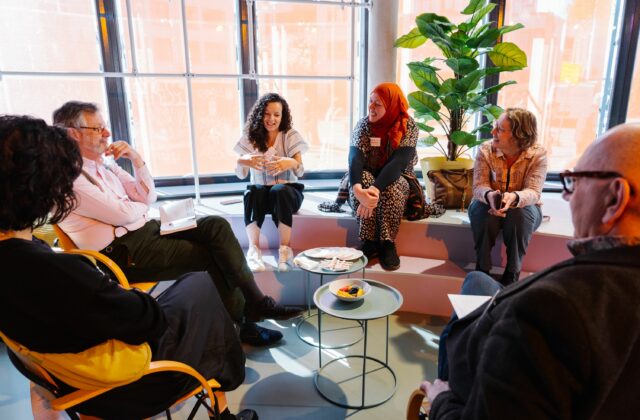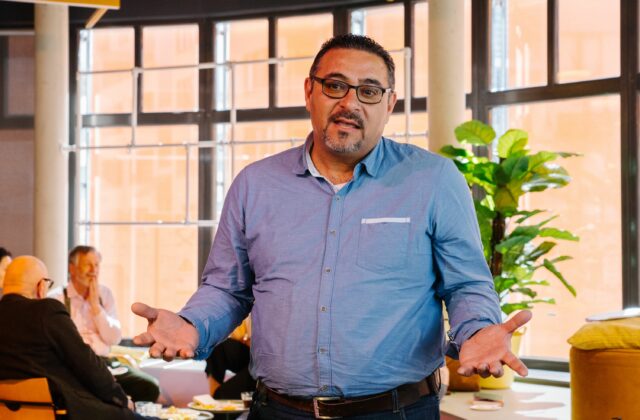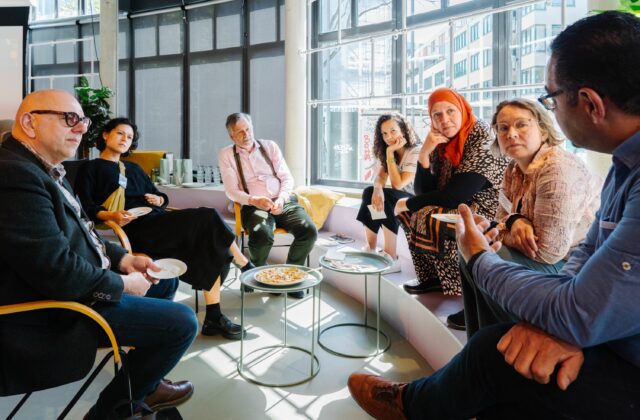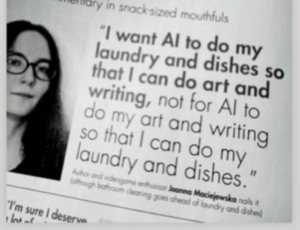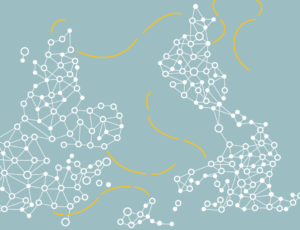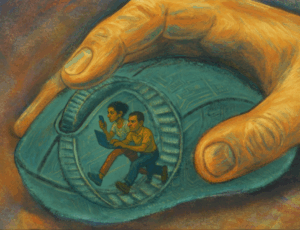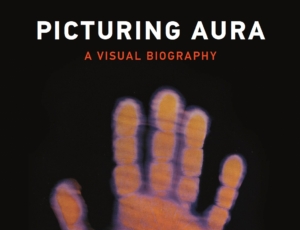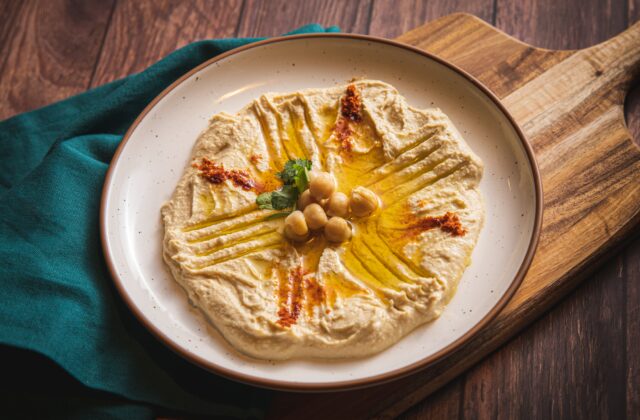
Gastro-politics of multi-cultural eating: Spices
NIAS Symposium 2022
A look back at the workshop
Here is what Réa Haddad, Research Masters in Communication Science at UvA had to say about this workshop and her experience of the symposium:
“The politics and history of what lands on one plate have always interested me. Food brings people together and yet some ingredients like spices ring with violence, wars and colonialism. The workshop “Gastro-politics of multi-cultural eating: Spices” by Ghazwan Yaghi and Bernike Pasveer engaged our senses and opened our minds.
First round in, we looked and smelled at peppers and discussed how we relate to peppers and whether the spice fits in our own cuisine. And of course, questions around whether white participants could handle pepper were raised. Humorous aspect aside, this questioning is almost historical since we learned that pepper started off as a staple to conserve and season food for common people and reached a cosmopolitan status with colonialism and trade. Handling a spicy dish was then revered.
In a way “the colonialism of pepper is cooked away”, someone recalled.
The hummus round was delectable because I myself am part of the Lebanese diaspora and properly made Arabic food means so much more when I am not home. Moving away elevates eating our cuisine and reminds us of the local and the homeland. As for the cultural appropriation vs appreciation debate, I stood with giving credit where it’s due and respecting the dish and its rich history. However, interestingly enough, when asked about what constitutes authentic food memories, no one mentioned a reputed restaurant or eatery but rather talked about food cooked by their grandma or a loved one or the intimate feeling of sharing food with other people.
Cheers to more shared meals and less solo Youtube-fueled meals!”
About the workshop
During this workshop we attempted to unpack the many connotations of cooking and eating together in past and present ‘multi-cultural’ settings. We did this by focusing loosely on spices as this was the stuff Dutch (and Western) colonialism was made of, and spices still are backbones of the cuisines present-day newcomers/migrants bring along. We asked questions such as: how is cooking and eating together ‘cultural’? What do newcomers offer when they invite ‘us’ to eat with them? What does it mean that za’atar or garam massala enters and alters Dutch eating habits, and when newcomers prefer to eat their hummus with Melba Toast instead of flatbread? And when does sharing turn into appropriating or hijacking all over again?
Organisers
Ghazwan Yaghi obtained his Ph.D. in Archaeology and Arts, and is now Research Fellow at Netherlands Institute for Advanced Study in the Humanities and Social Sciences (NIAS-KNAW). Previously, Yaghi worked as Senior Researcher, Leiden University, Institute of Area Studies (LIAS) 2019-2021. He is founder & Chairman, of the Arab-Dutch Cultural House foundation, since 2016, which has two main goals: Bringing the Arabic and Dutch cultures together. And accelerate cultural integration and reduce the cultural distance between the newcomers and their new society in the Netherlands.
Bernike Pasveer is assistant professor at the Faculty of Arts & Social Science of Maastricht University. Her work has long focused on the relation of medical and other technologies and the human body’s ‘natural’ accomplishments (becoming pregnant, giving birth, speedskating, dying). Recently, her interest shifted to the work it takes to generate ‘homeliness’ and ‘belonging’ in particular when its default availability disappears, as would be the case for displaced people; and to the (contested) roles food (can/does) play here. During her fellowship at NIAS she worked on a study on gastro-politics as enacted in a number of refugee-cookbooks.
About the NIAS Symposium 2022
Why, when and how does an object become contested? From street signs to monuments, from statues to spices – things and their meanings are under scrutiny. In recent years the racial and colonial dimensions of material culture have gained particular attention. Some traces have been around for years, others have a more recent history. Increasingly, people have become outspoken about the need to become aware of the different ways to consider not just the past, but also those objects that remind us of it.
During the NIAS Symposium we collectively explored what insights we could gain by shedding light on the racial and colonial dimensions of our material culture.
